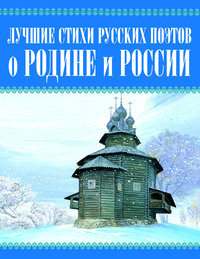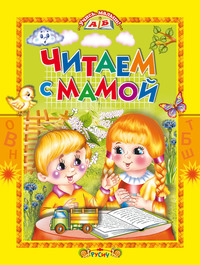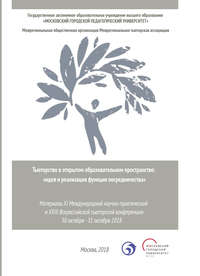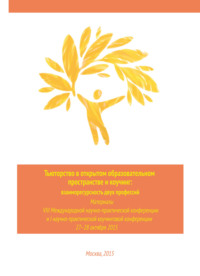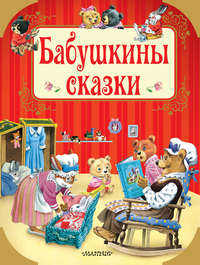Storytelling. The terrible Solomons and other stories

Полная версия
Storytelling. The terrible Solomons and other stories
Жанр: изучение языкованглийский языканглийская грамматикаIntermediate levelанглийский для начинающихтесты по английскому языкуанглийская лексиказнания и навыкикниги для чтения на английском языке
Язык: Английский
Год издания: 2021
Добавлена:
Настройки чтения
Размер шрифта
Высота строк
Поля
Конец ознакомительного фрагмента
Купить и скачать всю книгу



